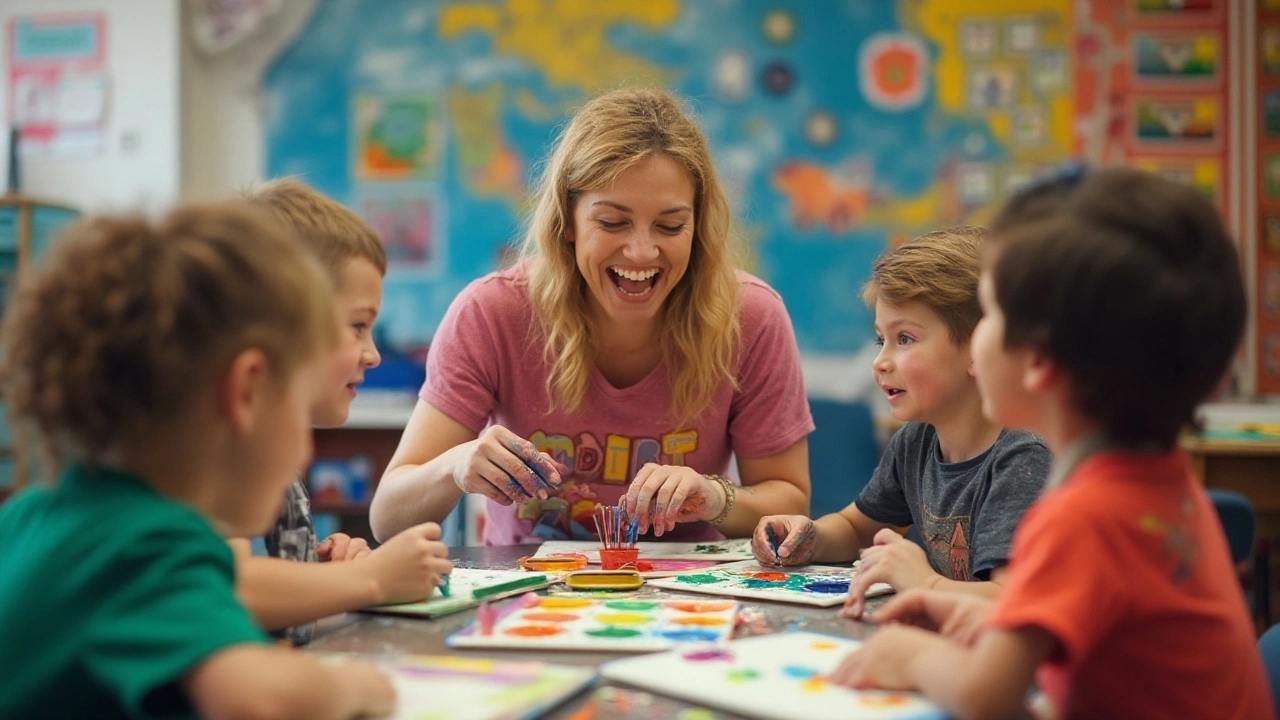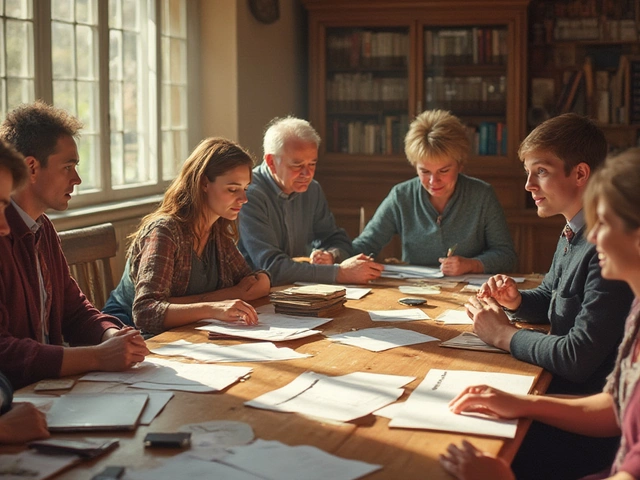Fun Lessons: Simple Ideas to Spark Joy and Learning
Looking for ways to make learning feel like play? Whether you run a church group, a school club, or just want to keep kids busy at home, fun lessons are the secret sauce. They turn dull topics into memorable experiences and get everyone involved. Below you’ll find easy‑to‑try ideas that work for all ages and fit right into your existing schedule.
Why Fun Lessons Matter
People, especially kids, learn best when they’re having a good time. A fun lesson creates a relaxed vibe, so children focus less on the pressure of getting the right answer and more on the process of discovering it. This boost in confidence translates into better attendance, stronger community ties, and even higher retention of information. For churches, it’s a great way to bring families together and showcase the values of love, service, and teamwork without sounding preachy.
Another perk is that fun lessons are adaptable. A single activity can be tweaked for a Sunday school class, a youth group meeting, or an after‑school club. The same core idea—like a game that teaches teamwork—can be scaled up for teens or simplified for younger kids. That flexibility saves you time planning and makes the most of limited resources.
Easy Fun Lesson Ideas You Can Start Today
1. Story‑Swap Circle – Gather 8‑10 participants in a circle. Start a short story related to a moral lesson (e.g., kindness). After two sentences, pass a ball to the next person who adds a line. Keep going until the story ends. The activity reinforces listening skills, creativity, and the lesson’s theme. End with a quick chat about what the story taught.
2. Service Scavenger Hunt – Create a list of small service tasks (e.g., pick up litter, offer a compliment, help set up chairs). Split the group into teams and set a timer. Each completed task earns a point. This turns community outreach into a game, teaching responsibility while getting things done.
3. DIY Faith‑Craft Challenge – Provide basic supplies like paper, crayons, and glue. Ask participants to design a visual reminder of a sermon or biblical story—think a simple mural, a bookmark, or a decorative stone. Not only do they express what they heard, but they also have a take‑away reminder for home.
4. Climate‑Change Relay – Perfect for environmental awareness. Set up stations with quick facts about climate change, then a short activity (e.g., sorting recyclable items). Teams race to complete each station. The fast‑paced format keeps energy high while delivering important info.
5. Trust‑Fall Talk – Pair up participants for a classic trust‑fall, but add a twist: before the fall, each person shares one thing they’re grateful for. The activity builds trust, encourages openness, and subtly ties into gratitude themes often highlighted in church teachings.
These ideas can be mixed, matched, and adjusted to fit your group’s size and age range. The key is to keep the focus on interaction, not just the lesson content.
Finally, remember to ask for feedback. A quick show of hands—"Did you enjoy this?"—helps you refine future lessons. Over time, you’ll notice higher engagement, stronger community bonds, and more smiles in the room. Fun lessons aren’t just a nice extra; they’re a powerful tool for building a lively, caring community.

How to Create a Fun and Engaging After-School Club for Kids
Creating a fun kids club after school can transform ordinary afternoons into memorable experiences filled with creativity and learning. By incorporating engaging activities, fostering friendship, and nurturing creativity, club organizers can ensure children look forward to every session. Understanding children’s interests is key, as it allows leaders to design activities that spark curiosity and excitement. This guide explores practical tips and ideas to make after-school clubs a highlight in every child's week.
Read More




